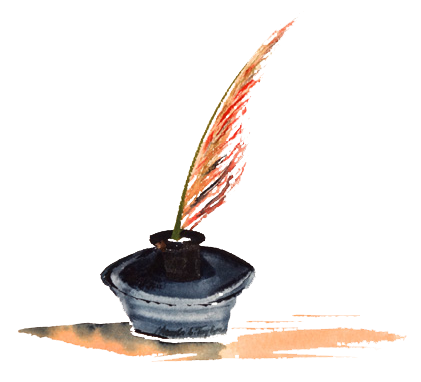The Redemption of the Damned for $12.95
I am so happy to announce that finally someone has reviewed my second volume of The Goldberg Variations: The Redemption of the Damned. In many ways this book is my most daring and innovative work to date. And the review is as lyrical as it is insightful, I have reprinted it below. But you can see the original following this link: Booklife Redemption of the Damned review
If you wish to order a copy, we can offer a deeply discounted version by ordering directly from Ingram, my main book distributor, The links to order both books are here:
The Rights of Passage for $14.95
The Redemption of the Damned for $12.95
The story around the creation of Volume Two was enshrouded in sadness. My partner and publisher died in 2016 delaying the book considerably and when it was finally released there was no one to do the publicity. Worst yet, I paid the Kirkus Review to review the book and the reviewer had clearly not read the book at all but gathered random excerpts to extrapolate some kind of idea of what my novel was about and was both completely inaccurate but also misleading. Even the compliments to the book were hollow and not reflective of the book at all. This was very disappointing, and unprofessional especially since their first review of my first volume, Rites of Passage was both fair and balanced.
Now things seem to be happening very quickly indeed as the final volume of The Goldberg Variations Trilogy is getting ready for press, tentatively titled, Slings and Arrow, I hope to write more about that in an upcoming post. For now, below is the review of Volume 2 Redemption of the Damned which is still available on Amazon
Book Life Review of ROD2
This charged second entry in Taylor’s series follows young Jamie Goldberg—who calls himself “a psychological alien, a soon-to-be-homeless person, and a reluctant pervert”—facing the dawn of the Reagan era as a rape survivor and queer man seeking to understand himself amid a sea of hormones, homophobia, and hollow pursuits. Assuming that coming out will make his life easier, Jamie instead earns the horrified contempt of his “progressive” parents, who promptly kick him out of their Detroit home, setting off the events of the book.
Taylor’s prose is striking and vivid, showcasing Jamie’s wry self-awareness as he takes the reader into these fraught years. With wit, intimacy, and fearless frankness, narrator Jamie shares his experiences, discoveries, pleasures, and trauma: the curiosity about sex, the experimenting, the ramifications, the self-loathing, the suicidal ideation, the specter of AIDS, the pain of hearing a man he’s loved say “‘love’ like it was a dirty word.” Jamie’s sharp humor and Taylor’s even-sharper prose keep the storytelling irresistible, even as Jamie is let down by nearly everyone in his life (his derisive brother tries to persuade him to see an out-of-state Jewish psychiatrist to “cure” him). It’s satisfying to see Jamie’s innate spirit of love and decency win out.
The novel is often bold and inventive in form, thrilling readers who favor character and innovation over narrative momentum: a set piece involving Wagner’s Parsifal is wild, hilarious, erotic, and pointedly long. None of this distracts, though, from Jamie’s essential dilemma: he yearns for a connection, not a quickie, and lives in fear of turning into someone who cares more about “the penis over the person.” This is endearing, not least because Jamie’s essential kindness and longing for love virtually guarantee he needn’t worry. A coming (out)-of-age story both grand and gritty, Jamie’s story will resonate with anyone ever lost in the morass of finding themselves.
